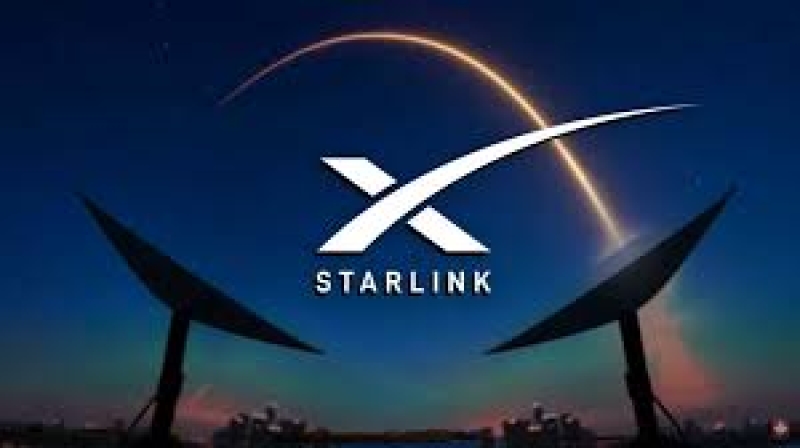- Irregularities, injustice will no longer be accepted in politics: Jamaat Ameer |
- 2 arrested in Jhenaidah for allegedly selling madrasa student |
- Koko’s wife campaigns for Tarique in Dhaka-17 |
- Bangladeshi Expats Cast 4.58 Lakh Postal Votes |
- IMF Forecasts Bangladesh GDP to Rebound to 4.7% in FY26 |
Starlink Could Revolutionize Internet in Bangladesh: Experts

Technology experts believe Bangladesh is on the verge of transforming its internet landscape with the introduction of Non-Geostationary Satellite Orbit (NGSO) networks like Starlink, offering high-speed, low-latency internet that could drive progress in education, the economy, and social inclusion.
Starlink, with download speeds ranging from 25 to 220 Mbps and upload speeds between 5 and 20 Mbps, offers a promising solution to the country's connectivity challenges. Most users experience speeds exceeding 100 Mbps, significantly improving access in underserved areas.
On Thursday, Chief Adviser Professor Muhammad Yunus held a video discussion with Elon Musk, owner of SpaceX, Tesla, and X, to explore potential collaborations and advance the launch of Starlink satellite internet in Bangladesh.
Mustafa Mahmud Hussain, a telecom and technology analyst, noted that Bangladesh is poised to adopt NGSO satellite services to modernize its digital infrastructure. He emphasized that with flexible regulations fostering competition and innovation, the country could greatly improve connectivity for millions, unlocking new opportunities in healthcare, education, business, and community development. "Starlink could be a viable solution for providing internet access to remote and underserved areas," he added.
Meanwhile, Veon Ltd, the parent company of Banglalink, is reportedly in talks to bring satellite-powered mobile services to Bangladesh in partnership with Starlink, aiming to bridge gaps in regions where traditional networks struggle to reach. Banglalink is expected to finalize a deal with SpaceX at the upcoming Mobile World Congress in Barcelona, according to industry sources.
Telecom expert Lt. Col (Retd) Mohammad Zulfikar welcomed the arrival of Starlink but expressed concerns about the potential costs of satellite-based internet. "The key issue is how much users will have to pay for the service," he said, noting that pricing in Southeast Asia and Africa has been designed to ensure broad inclusion. "We’ll have to wait and see what rate is set for Bangladesh," he added.
Starlink’s equipment kit, which includes a receiver, antenna, router, cables, and power supply, costs between $349 and $599. The minimum monthly fee for residential users is $120, with corporate plans costing more. However, some countries, particularly in Africa, have seen prices as low as $10 to $30, which could be beneficial for rural areas in Bangladesh.
As of January 2025, SpaceX has launched 6,994 Starlink satellites, orbiting 342 miles above Earth. Starlink's network, consisting of thousands of satellites in low Earth orbit, has the potential to provide high-speed internet to the entire world, with operations already underway in over 100 countries.
Starlink's technology was introduced to Bangladesh for testing in July 2023. In October 2024, a Starlink delegation met with Chowdhury Ashik Mahmud Bin Harun, Executive Chairman of the Bangladesh Investment Development Authority (BIDA), and the Bangladesh Telecommunication Regulatory Commission (BTRC) to discuss the regulatory framework for satellite services.
During their meeting, Prof. Yunus and Elon Musk highlighted the transformative potential of Starlink for Bangladesh, particularly for its youth, rural women, and remote communities. They discussed how affordable, high-speed internet could bridge the digital divide, empowering education, healthcare, and economic development, and providing access to global markets for millions of small and micro entrepreneurs.

